Cannabis in South Dakota
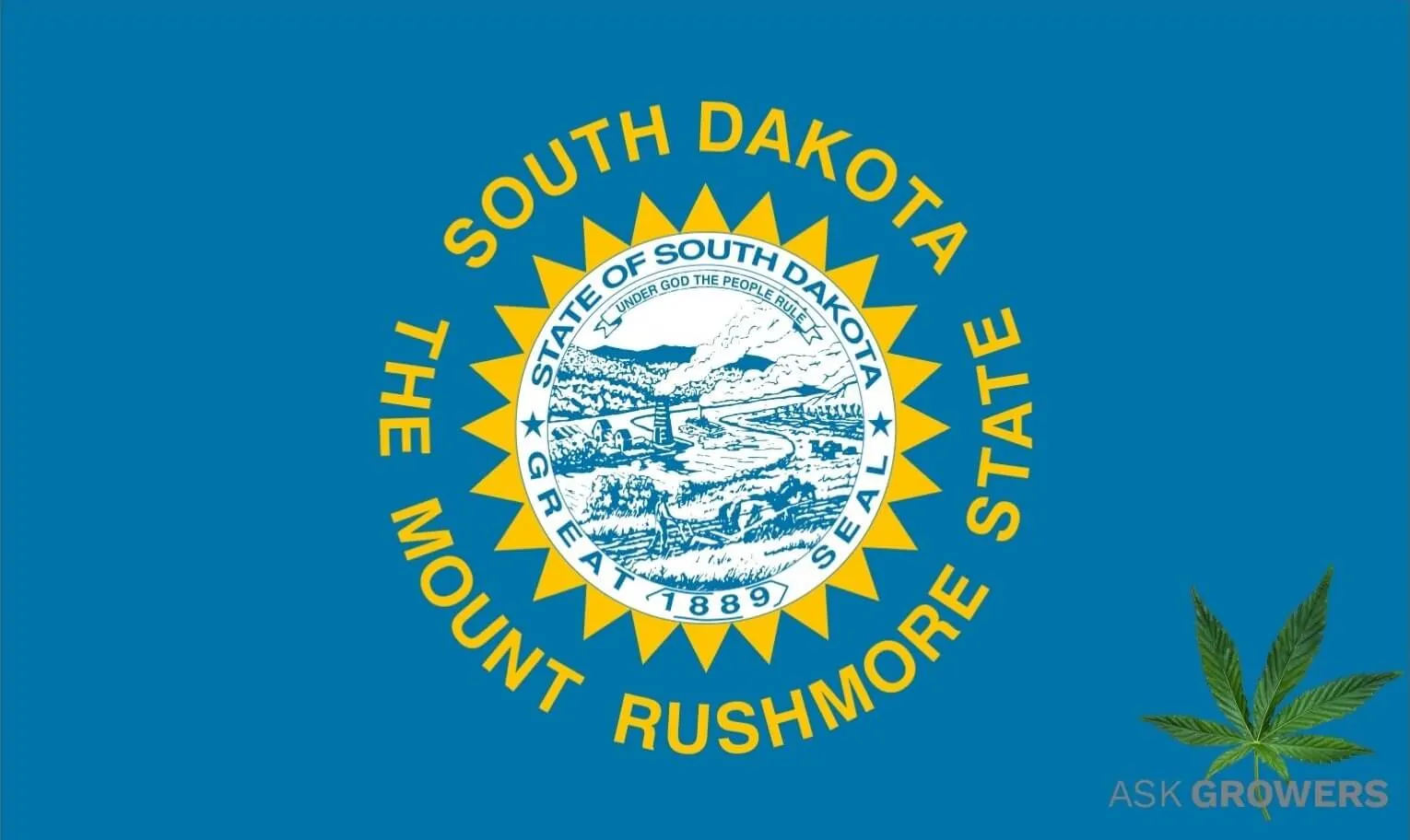
- Is Weed Legal in South Dakota?
- Buying Marijuana in South Dakota?
- Cannabis Consumption in South Dakota
- Taxes on Marijuana in South Dakota
- South Dakota Medical Marijuana Card
- Transporting Marijuana in South Dakota
- Exporting Marijuana
- Growing Marijuana
- Licensing for Growers, Manufacturers, Processors, Retailers, Etc.
- Sources
After making marijuana legal, South Dakota will have to establish 2 markets at the same time – for both medical and recreational weed. This historic legislation is the start of a long process, and it will be interesting to watch how it progresses. Before all rules are finalized, read about the current situation in the state after cannabis decriminalization.
Is Weed Legal in South Dakota?
The fact that 4 states passed legislation that permits the use of recreational pot was lost in the haze of the November 2020 presidential race. Legalizing marijuana is just like playing dominoes: when the first piece topples, it causes a chain reaction. Along with Montana, Arizona, and New Jersey, South Dakota legalized hemp for adult use. At the same time, it was a historic reform for South Dakotans because the state made both recreational and medical weed legal simultaneously. This is an exceptional event for the nation. As for now, 15 U.S. states have approved recreational marijuana, and 36 states allowed its medical consumption.
So, what is the timeline? The new legislation will take effect in July 2021. Until April 2022, the Revenue Department has to create rules and regulations around licensing, and the State Legislature has to adopt laws for setting up a medical program and for providing hemp sales. Until final guidelines are set, hemp possession and consumption will be a violation of the state cannabis laws. Currently, no form of legal South Dakota weed is available. In fact, it could be longer before the regulatory climate on the cannabis market here starts taking its shape.
Buying Marijuana in South Dakota?
According to a new law, legal adults 21 and older will be able to possess 1 oz./28 g of weed or 8 g in a concentrated form. Patients who will be registered with a medical marijuana (MMJ) program can possess up to 3 oz./85 g.
As the purchase limits are to be established yet, they are anticipated to follow the state possession limits.
Currently, there are no operating recreational and medical dispensaries in the state, and all pot products are prohibited. The newly passed initiative requires first to adopt necessary laws and rules for the South Dakota marijuana market before businesses can apply for a license. When the necessary laws and rules are adopted, you can find a medical dispensary near you on our website Askgrowers.
Read Also: How To Buy Recreational Marijuana
No marijuana delivery service is available in South Dakota. This section will be updated when the hemp situation in the state changes.
Cannabis Consumption in South Dakota
Since hemp was prohibited in South Dakota, the state has one of the harshest marijuana laws in the nation. Cannabis consumption, possession, transportation, and sale is a crime that results in fines and incarceration:
- the possession of 2 oz. or less is considered a misdemeanor and charged with a $2,000 fine and a year of jail time;
- the possession of 1-10 lbs. is considered a felony and charged with a $20,000 fine and 10 years of jail time.
The possession of hash and concentrates is a civil offense that carries greater penalties. If you are caught with paraphernalia, you’ll face a month in jail and a $500 fine. Even if you inhabit an apartment, where cannabis is stored or consumed, it is treated as a misdemeanor and punished by a $2,000 fine and a year imprisonment.
Starting in July 2021, marijuana can be legally used only in private residences out of public view. As in other states, its use will be prohibited:
- in any place open to the public;
- on school grounds (both private and public);
- in any form of public transportation;
- in any location where tobacco smoking is not allowed.
Even after marijuana legalization, its consumption on federal lands will remain illegal. Weed consumption in national parks is outlawed because cannabis is considered a Schedule Ι substance according to federal laws and smoking it will result in charges.
Taxes on Marijuana in South Dakota
Until pot laws come into effect, there is no taxation system in the state. However, the amendment to the law says that it will impose a 15% tax on weed sales. Fifty percent of the revenue will be used to cover the costs related to the amendment implementation. Half of the remaining sum will come to fund public schools in the state, and 50% will be deposited in the general fund of South Dakota.
South Dakota Medical Marijuana Card
The MMJ program is also under construction. Thanks to a new approach and the changing culture of cannabis, patients in South Dakota can benefit from medical weed. One thing is clear: the initiative will support out-of-state reciprocity, so non-residents can use medical registration cards in the state.
How to Get a Medical Marijuana Card in South Dakota
South Dakota has joined a long list of American states where the medical weed program is operating. The regulations in regard to the MMJ program and cardholders are to be adopted and implemented yet. Individuals with debilitating medical conditions determined by the state can apply to obtain an MMJ card.
The MMJ program is required to accept patients till July 2021. These individuals will get temporary MMJ cards. To issue permanent medical cards, the South Dakota Department of Health will have 140 days.
Diseases
If your disease/condition is defined by the state as chronic or debilitating, you can apply for an MMJ card. This list covers some of the qualifying medical conditions:
- muscle spasms;
- wasting syndrome;
- severe pain;
- seizures;
- severe nausea.
Patients may have other medical conditions added by the Department or approved after their petition. The individuals can also be qualified if the treatment of their diseases produces any of the mentioned conditions and if they are likely to receive therapeutic benefit from the hemp treatment. The full list of ailments will be available in the near future.
Patient qualifications
Individuals can become MMJ patients if they are diagnosed with the above-mentioned diseases. For precise assessment of a patient, the physician needs to examine the patient’s medical history and his/her current medical condition. The best variant is if they both can establish a long-term consulting relationship so that the doctor could provide follow-up treatment and care.
Patient registry process
To apply for the MMJ program, patients should go through a registry process. The first step is to receive a written certification signed by a physician within 3 months that precede the application date. Qualifying patients will submit the following data:
- the name, date of birth, address (a homeless applicant may not indicate the address);
- the name, telephone number, and address of a licensed doctor.
The medical marijuana card will be issued within 5 days after the application approval/renewal. It expires after 1 year after the issue date unless a health care practitioner states that the patient will benefit from the hemp treatment until an earlier date.
Caregiver qualifications
Registered MMJ patients can determine one or more caregivers who agree to assist them in medical cannabis consumption and/or cultivation. Designated caregivers should be at least 21 years old and have a separate registry card for each patient.
To be registered in the program, they should have no convictions of a disqualifying felony offense. Caregivers cannot help more than 5 qualifying patients unless all of them reside in a healthcare facility where this caregiver is employed.
If caregivers need to grow hemp for patients, this fact should be specially indicated.
Transporting Marijuana in South Dakota
Until new changes regarding cannabis legalization are out, transportation of any amount of weed is against the law. New rules are to be established soon. Citizens can expect that the transportation limit will be the same as the possession one.
Operating a motorized vehicle/motorboat/train/aircraft under the influence of hemp or smoking pot in any form of transport is illegal. The driver and passengers will get steep fines while breaking the law. Recent weed legalization will not affect this regulation. If you drive high, you will be charged with a DUI fine.
Note that hemp remains in your body for up to 1 month after consumption. So, you can be charged with a fine several weeks after marijuana use.
Exporting Marijuana
Cannabis is federally illegal, and the interstate transportation of the product is punishable. Even with new pot legalization laws, possession of Schedule Ι substances is prohibited when you cross the state border despite the fact that you are traveling to a state with legal marijuana or you are simply passing through South Dakota.
Growing Marijuana
In accordance with the initiative, adults 21 and older can grow 3 hemp plants. The cultivation will be permitted in private residences if within your jurisdiction there are no licensed dispensaries where it can be purchased. The plants and hemp products should be stored in an enclosed facility out of the public eye. An enclosed facility can be a greenhouse, a closet, or any room/building with locks that permit access only to cardholders and people who are authorized to cultivate hemp.
It is not permitted to grow more than 6 herbs in one residence at a time (if there are several dwellers that share the same cultivation facility).
The cultivation limit for approved MMJ patients is the same – 3 mature plants. They can grow more plants if it is recommended by a physician.
Licensing for Growers, Manufacturers, Processors, Retailers, Etc.
After the state made pot legal, the new weed laws authorized the Department of Revenue to establish 4 license types for:
- testing facilities;
- commercial cultivators;
- retail stores that sell hemp;
- wholesalers that process, package, and distribute cannabis to retailers.
Also, the Department was directed to issue enough licenses to reduce the illicit hemp production and sale of South Dakota cannabis and to limit licenses to prevent their concentration in any one municipality. Until April 2022, the Department has to create rules around licensing, time periods for applying, and regulations on which applications can be denied or approved.
Sources
https://norml.org/laws/south-dakota-penalties-2/
https://www.mpp.org/states/south-dakota/
https://www.southdakotamarijuana.org/the-initiatives
https://wikipedia.org/wiki/Cannabis-in-South-Dakota
https://statelaws.findlaw.com/south-dakota-law/south-dakota-marijuana-laws.html
https://drive.google.com/file/d/1Qbo3-t5u6xBFKosUvGjAEKW0n-6CWnXA/view

 Guides
Guides
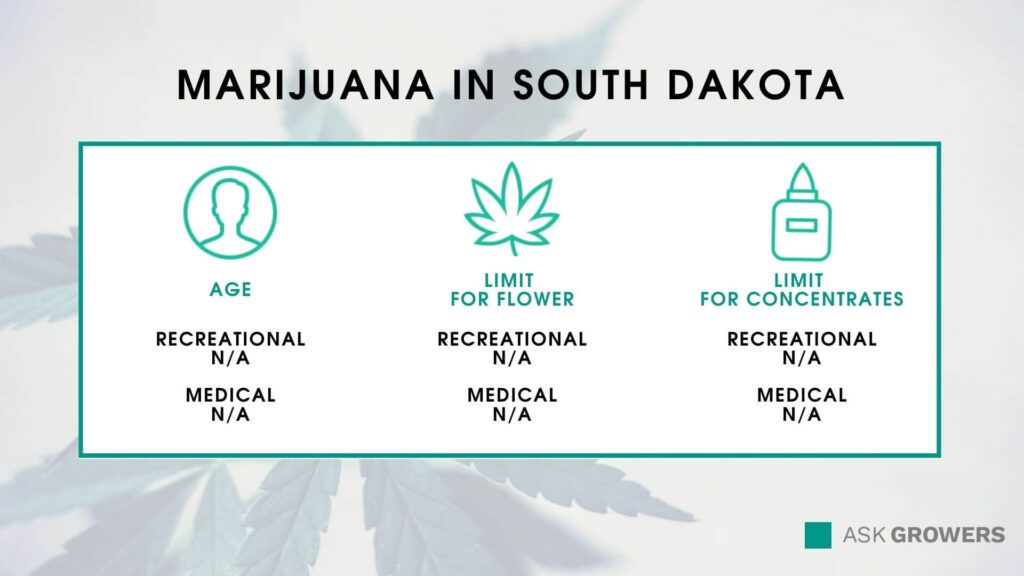
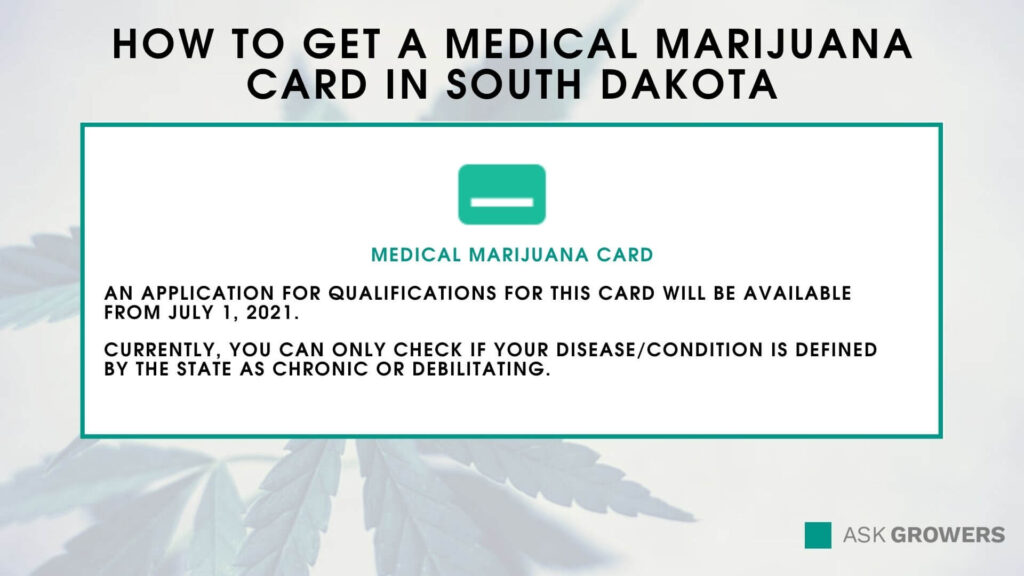
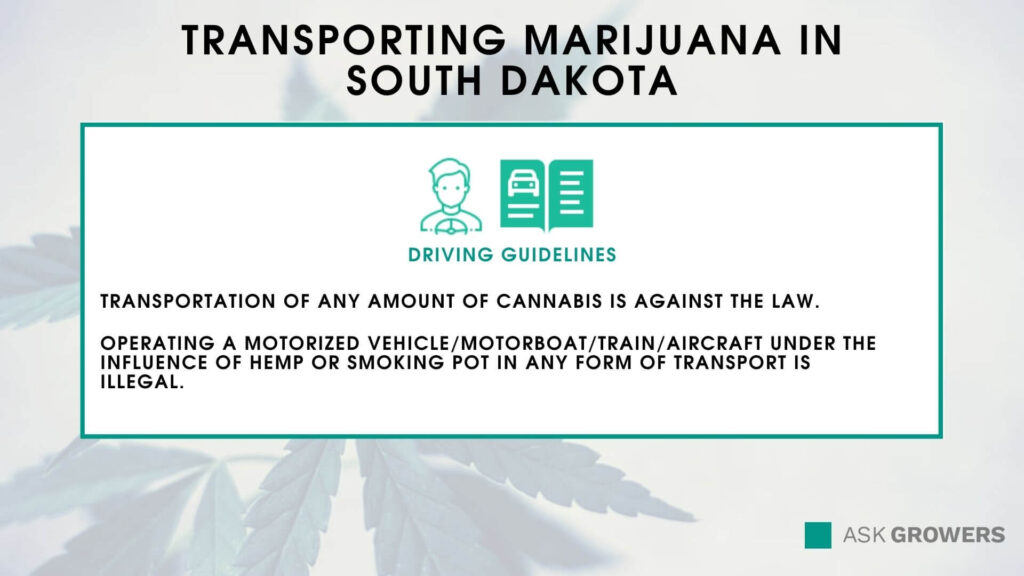

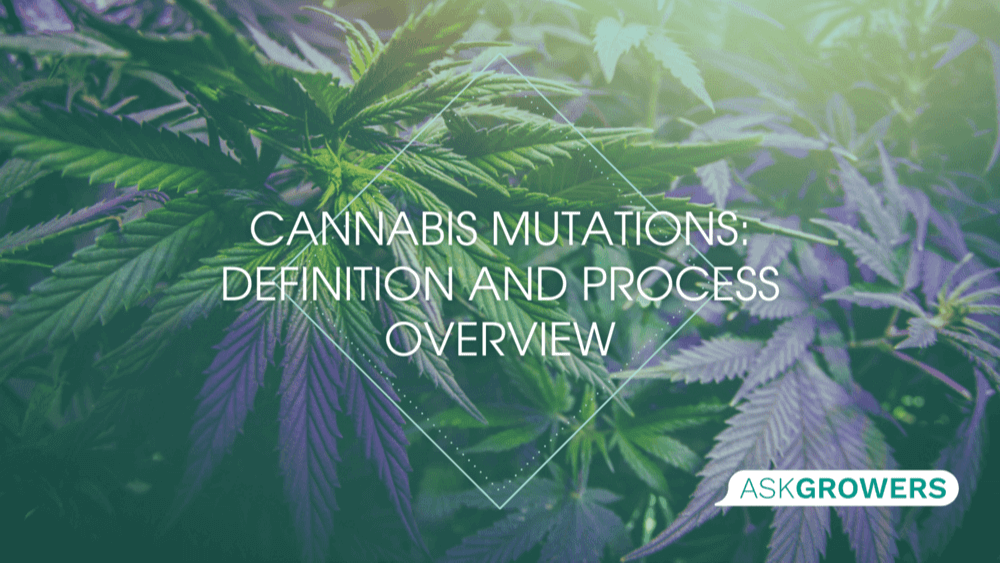
.png)
.png)
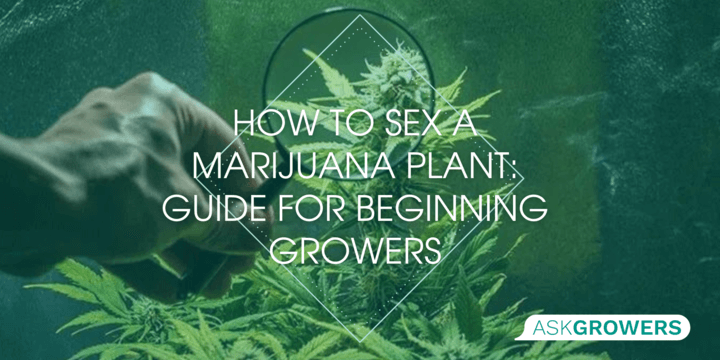


 (1).png)

.jpg)

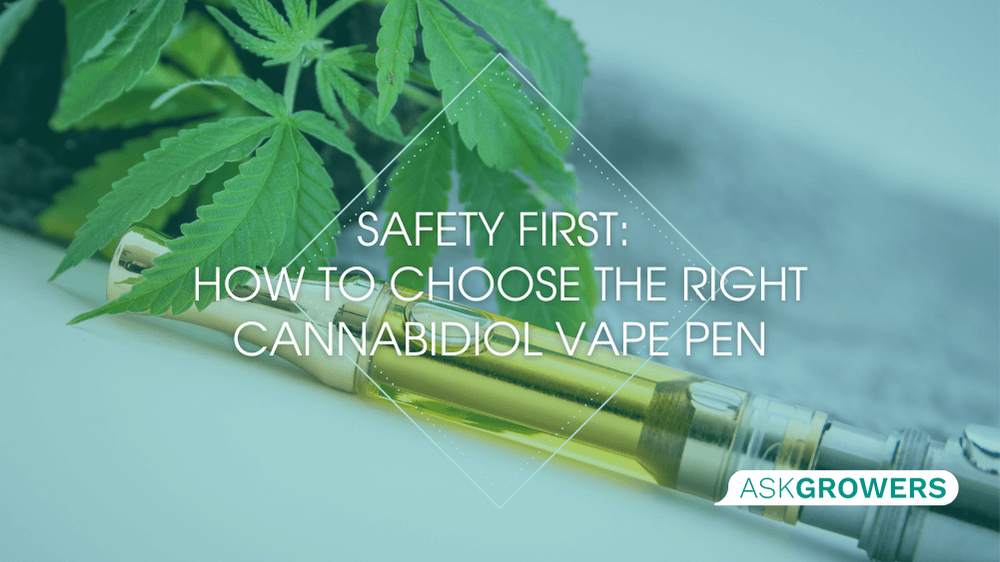
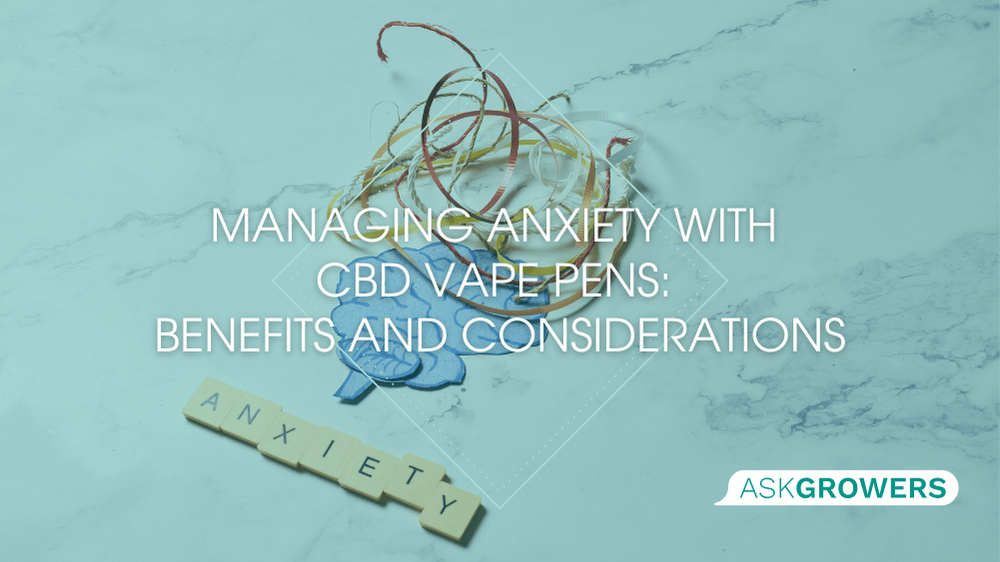


Be the first and share your opinion
Write a Review